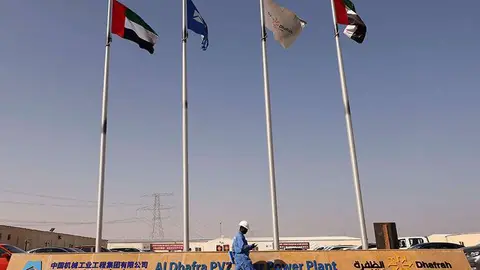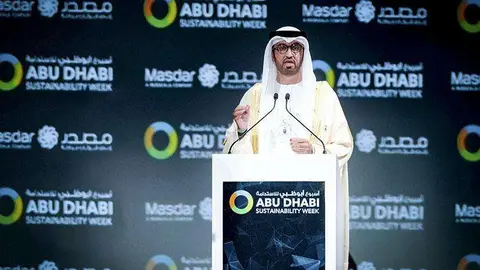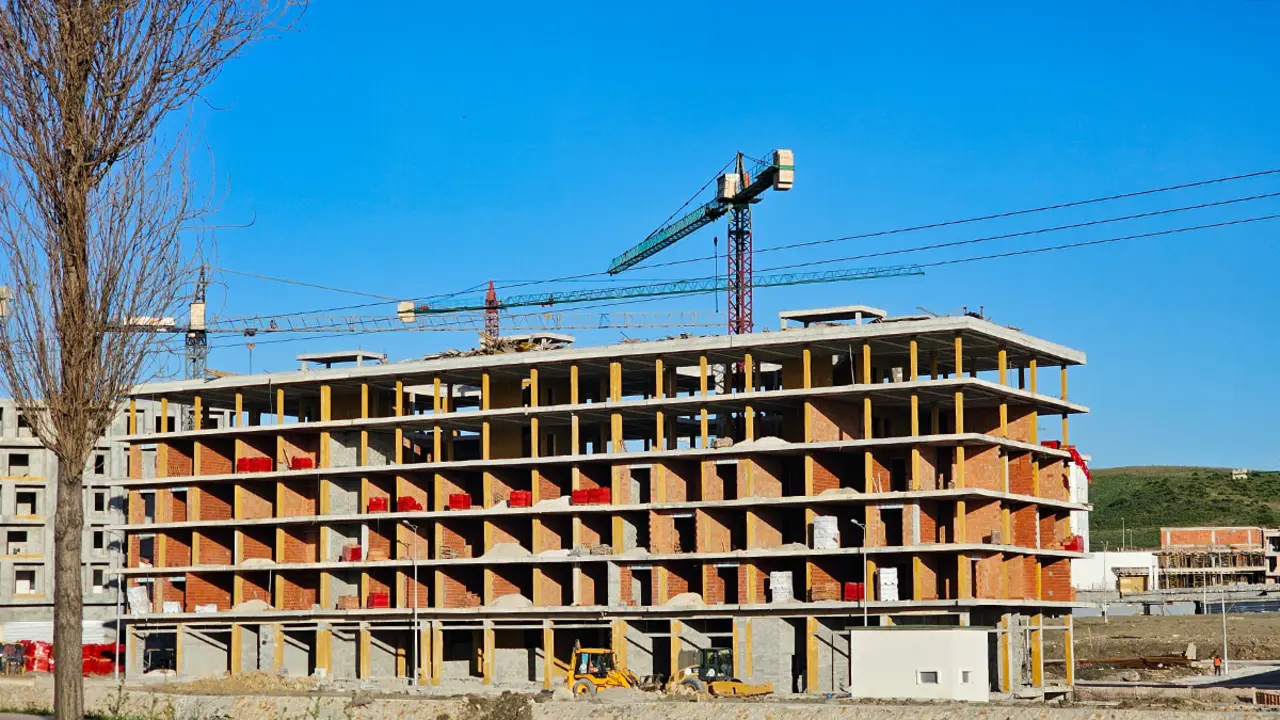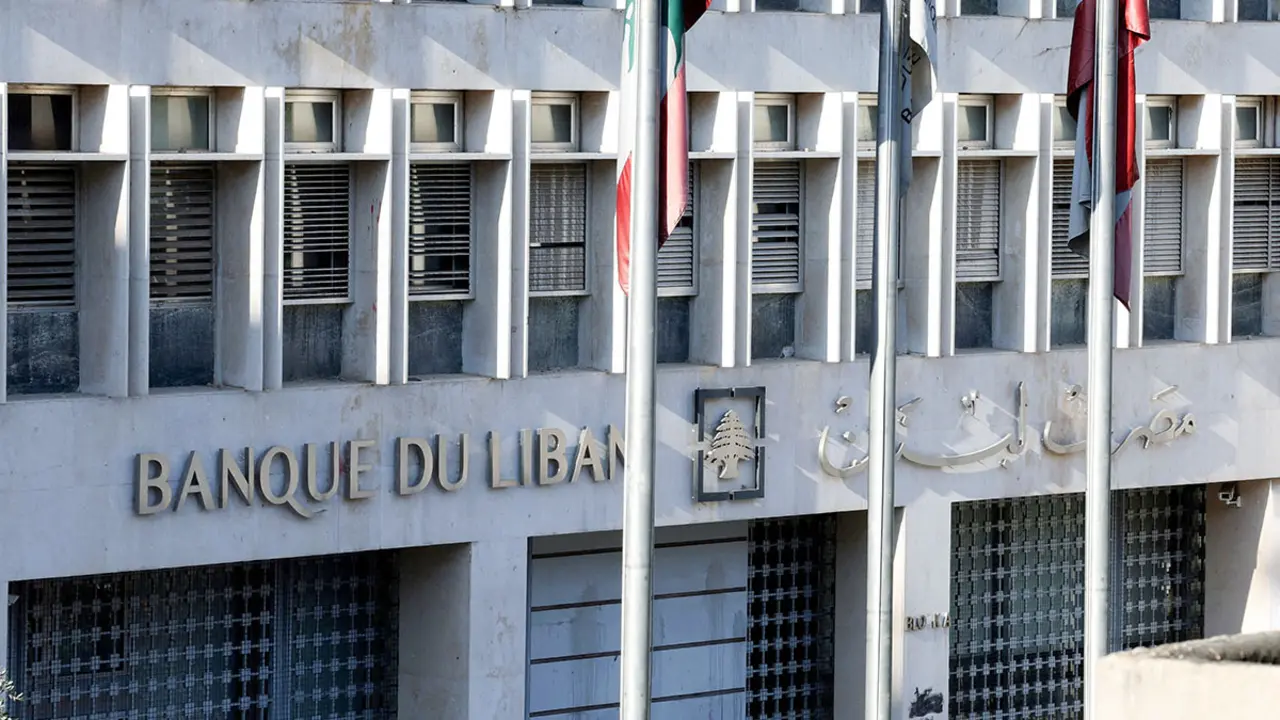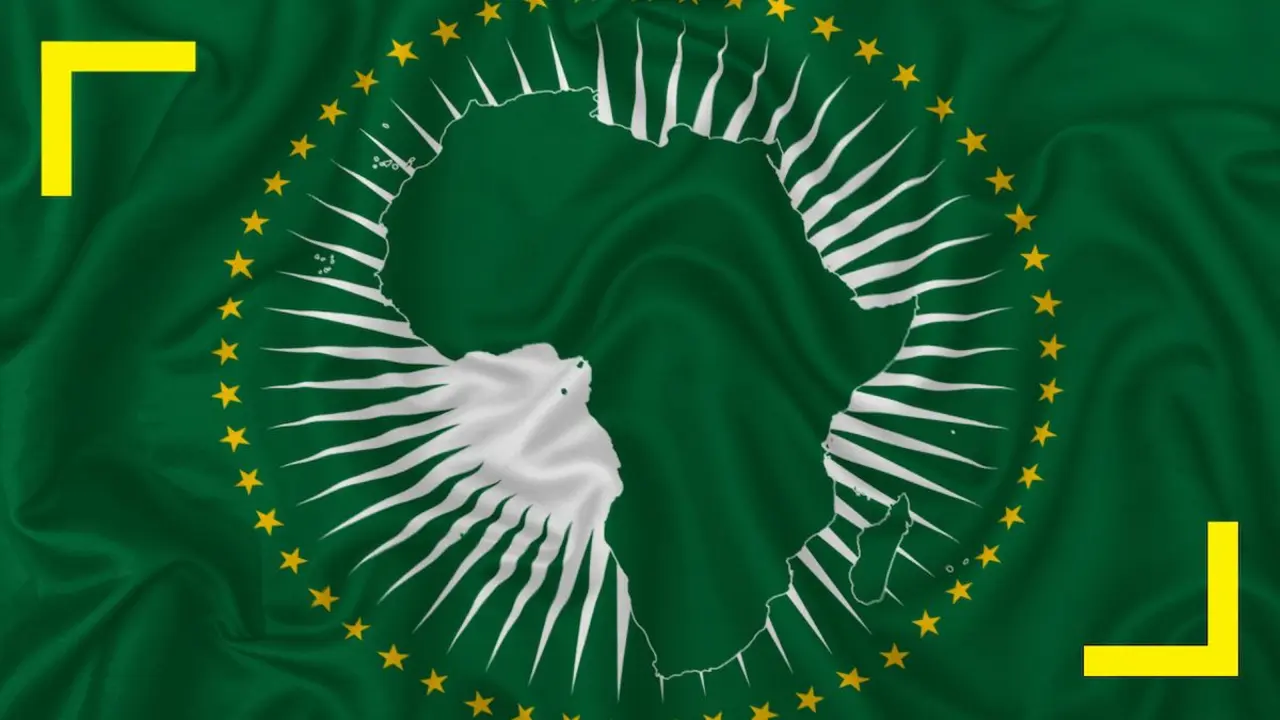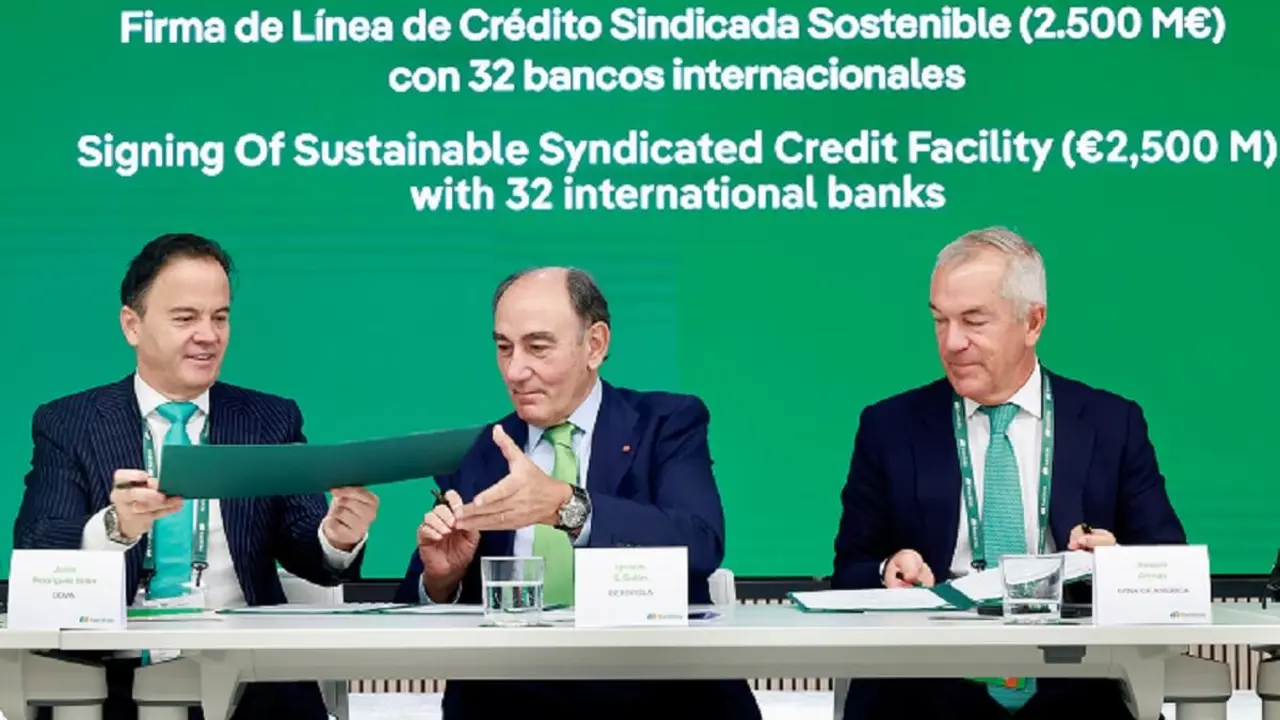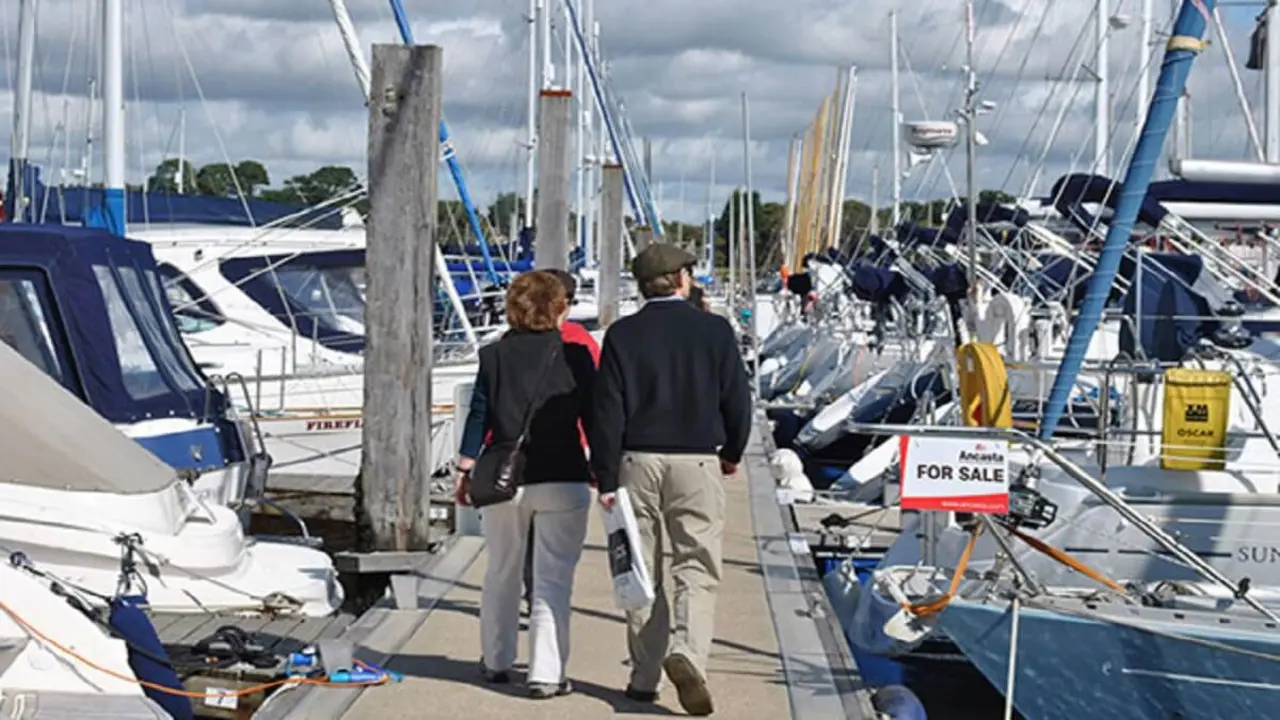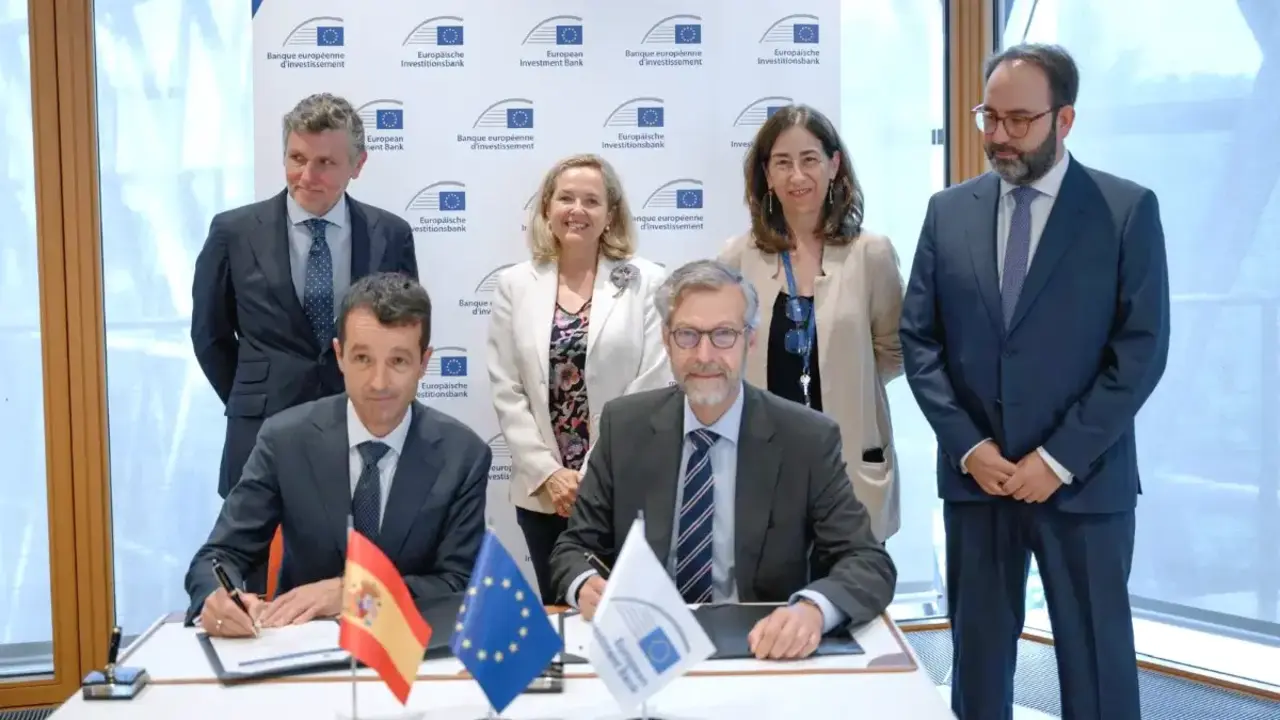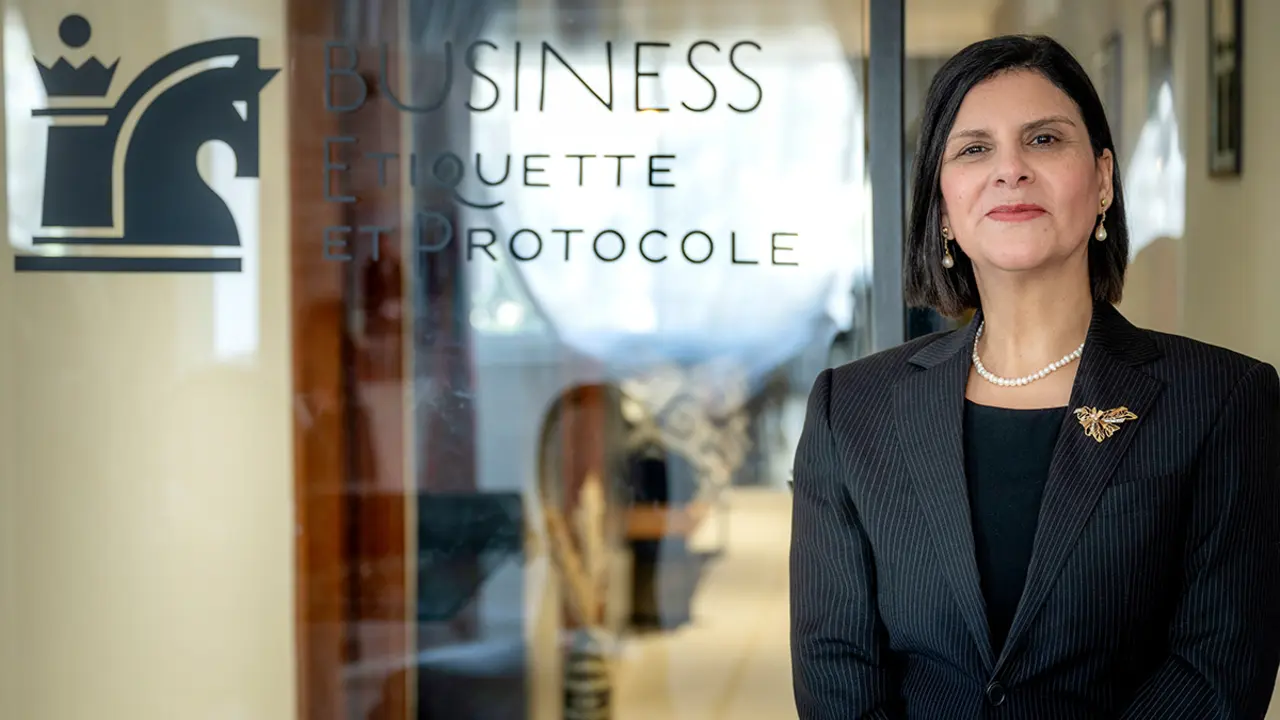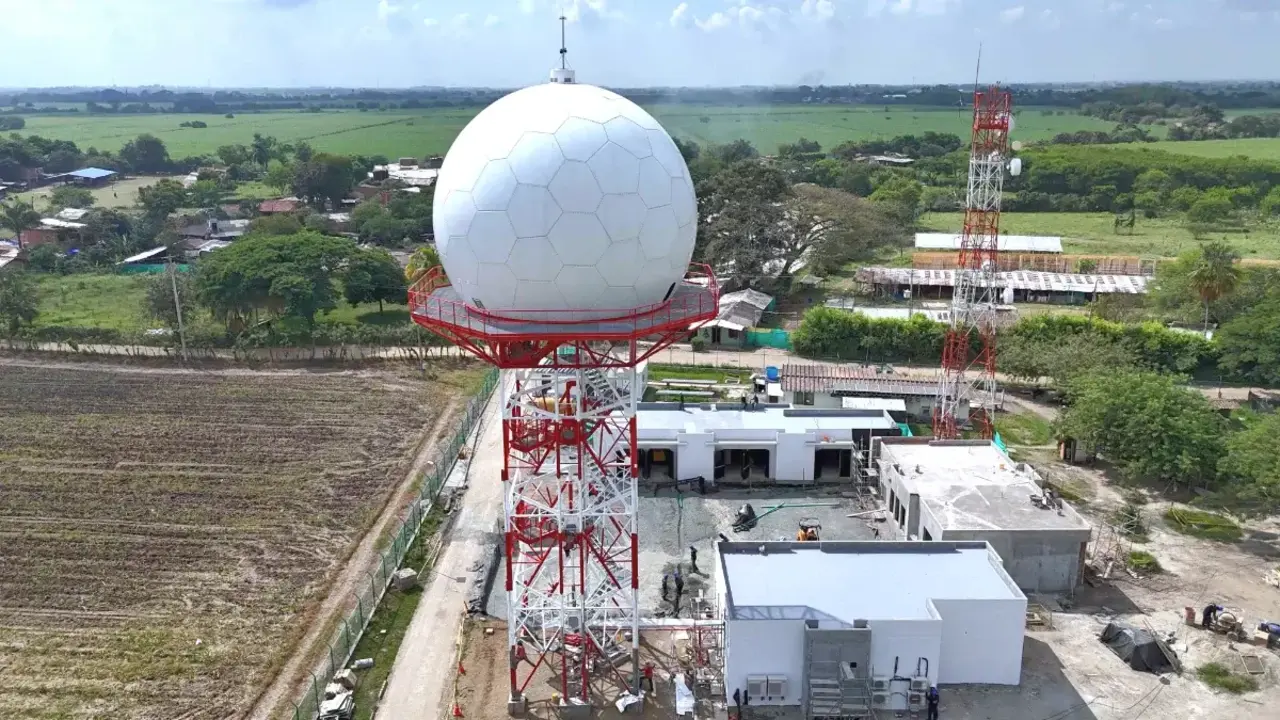Emirates invests in global electric vehicle market

During the Electric Vehicle Innovation Summit, Minister of Energy and Infrastructure (MoEI) Suhail al-Mazrouei announced a transformation project that supports the Federal Government's "We Are the Emirates 2031" plans to accelerate economic and competitive targets.
"We Are the Emirates 2031" is a national plan that focuses on social and economic development. This plan aims to present the Emirates as an attractive partner in the international context, and an influential economic hub through a successful economic model.
The announcement was made during the Electric Vehicle Innovation Summit, which kicked off on Monday 29 May. The three-day summit was held at the Abu Dhabi National Exhibition Centre.
Hassan Mohammed Juma al-Mansouri, MoEI's undersecretary for infrastructure and transport affairs, stressed during the summit the "importance of integration between the energy and infrastructure sectors to achieve sustainable development goals, especially as the new project aims to create and strengthen communication channels between the government and manufacturers".
According to the 2020 Autonomous Vehicles Readiness Index report published by KPMG, the UAE has been ranked eighth, ahead of countries such as the UK, Japan and Germany. In terms of infrastructure parameters and consumer acceptance, it has been ranked fourth. The report states that "the UAE remains steadfast in its determination to move towards autonomous vehicles. Given their strong interest in AI, blockchain, 5G and maintaining good quality roads, they are well on their way to doing so."
One of the proposals, put forward by the undersecretary of the Ministry of Infrastructure and Transport Sector in setting up more than 700 electric chargers across the country in a standardised manner in line with international models. Along with this installation, an application will also be launched that will allow users to consult the charging station installation guide.
Another objective proposed by the Emirates is collaboration through cooperation agreements of the Ministry of Energy and Infrastructure with prominent electric vehicle manufacturers and investors within the automotive sector such as Jaguar, Mercedes, Porsche or BMW. Also partnerships with Union Water and Electricity Company or the American University of Sharjah.
Minister Al-Mazrouei said: "We seek to create an enabling environment for the growth of the electric vehicle market in the UAE through policy levers for investment and socio-economic and environmental incentive schemes. To support the shift to green mobility, we aim to increase the share of electric vehicles to 50% of the total vehicles on our roads by 2050."
All these proposals are in sync with the Green Mobility Programme, which aims to "develop reliable and sustainable energy sources, battery efficiency and charging station management, planning and optimisation models taking into account photovoltaic generation, fuel cell power and vehicle-to-grid technologies that can optimise the operation of green mobility options (less adverse environmental effects) such as electric vehicles, plug-in hybrid electric vehicles (PHEVs), etc...".
The green mobility programmes and projects announced during the UAE Electric Vehicle Innovation Summit reflect the UAE's vision and goals of becoming an environmentally friendly country that leads by example in addressing the global challenge of climate change. The UAE is contributing to global efforts to achieve net zero emissions by 2050 through its investments and partnerships in renewable energy projects around the world. The UAE's automotive sector is undergoing a transformation that will enhance its sustainability, efficiency and competitiveness.

